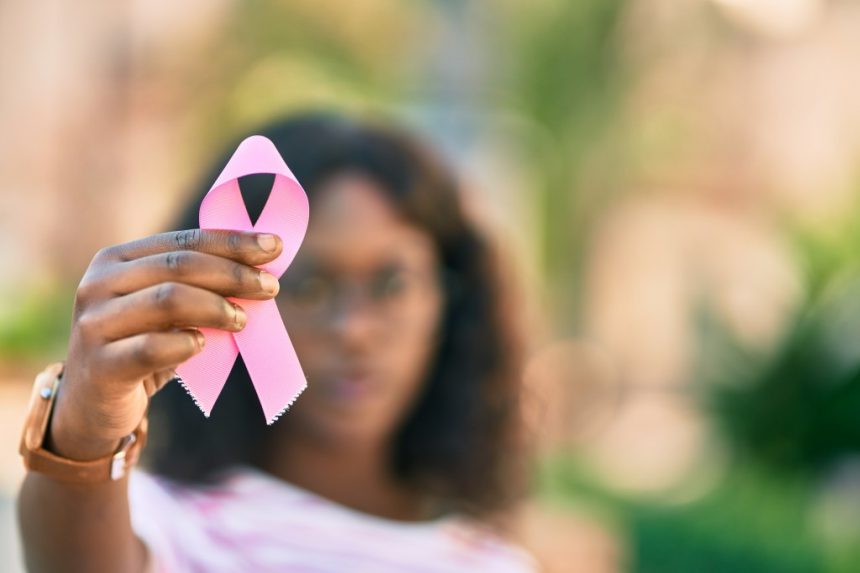For the past 45 years, Reverend Dr. Tammie Denyse has been determined not to perpetuate the generational curse of self-abandonment that Black women have inherited. She explains, “If we look at Black American women and even go back to slavery, we were taught to take care of others. We weren’t taught to take care of ourselves or even know what we needed. Asking for help was foreign to us.”
In 2004, Dr. Denyse co-founded a nonprofit organization called Carrie’s TOUCH with her late sister Lynne Rankin-Cochran, who battled bladder cancer until her passing in 2013. Their work has created a community for Black women surviving breast cancer, centered around education and advocacy. The organization was named after their late mother, who was killed by her abusive husband when Denyse was just 14 years old. She emphasizes, “Carrie did not pass from breast cancer. She was a victim of domestic violence. If my mom had been empowered to say ‘no,’ she would not have endured the abuse that ultimately took her life. I knew from a young age that this would not be my path.”
Personal experience also drives Dr. Denyse’s work. After being diagnosed with breast cancer herself, she realized the importance of support and education for Black women facing the disease. Carrie’s TOUCH offers a mobile app with resources like educational videos, therapy, financial assistance, and community support. The organization also hosts a podcast highlighting patient stories and conducts research initiatives like Project SOAR.
The disparity in mortality rates for Black women with breast cancer is staggering, with rates 41 percent higher than those of white women. Despite challenges and criticism, Dr. Denyse is committed to closing this gap. She stresses the importance of representation in clinical trials and the impact of social support on survival rates. Organizations like Carrie’s TOUCH, along with others in the field, aim to provide specialized support for Black women facing breast cancer.
Dr. Denyse’s work extends beyond the U.S., as she has advocated for better healthcare outcomes for Black women in countries like Ghana. She emphasizes the need for humanity, compassion, and education in addressing the disparities faced by Black women with breast cancer. Through her efforts, she hopes to create a better future for all those affected by this disease.






